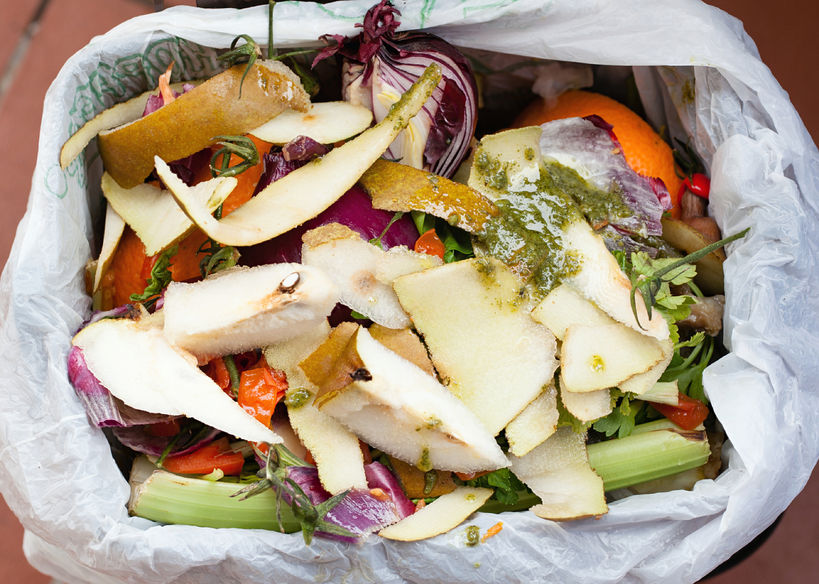
When running a business in the food industry, storage and transportation are two of the biggest concerns.
Without proper management, food may become spoilt or contaminated, risking infection and illness, or resulting in profit loss through disposal.
But there is more at stake – food waste can also have a major impact on the environment.
While there is limited information about business food waste, there has been research into domestic.
In 2017, it was discovered that the average household in the UK throws away more than 4-tonnes of food waste per year, the amount of which is worth approximately £13 billion in total. Add business waste and this figure is sure to rise drastically.
Cattle and crops
But environmental impact in the food industry is about more than waste. For example, recent studies have shown that the amount of CO2 released by cows is higher than previously believed.
Although experts have speculated about the impact that cattle may have on the environment, this latest information shows that emissions from cows are actually 11% higher than originally believed. For any farmer, or food business, this means adding additional pollutants to the environment.
Furthermore, producing crops can have similar negative environmental impacts, particularly if pesticides and harmful chemicals are used. These enter the atmosphere and nearby water sources, impacting air, water quality and thus, entering the food chain.
While scientists have had a breakthrough in crop production – scientists at Sheffield University recently discovered when added to soil, crushed rocks capture CO2 while also making soil more fertile – businesses must take more steps.
Businesses can be greener
Individual businesses may be able to do little about the impacts of farming cattle or crops, but there are measures that can be taken.
In addition to reducing waste, businesses can do more to be conscious and environmentally mindful, with the aim to reduce their carbon footprints.
Reduce energy usage
Any business in the food industry is concerned with food storage. This must be done correctly, at the right temperatures and in sterile environments. But this can be costly, both in terms of cost and environmental impact.
Businesses can aim to reduce their energy usage, by upgrading to more efficient refrigerators and storage systems, and could save money by changing their provider or looking into utility management services.
Use less packaging
Perishable goods require packaging to keep them fresh and stop them from becoming contaminated but using lots of plastic could be costing your company, both in terms of finances and carbon footprint.
Aim to reduce packaging where possible, make sure it does not contain any harmful substances and can be reused or recycled.
The same rule can also be applied to procurement. Look for suppliers who adopt environmentally friendly processes and packaging.
Outsource transport
Shipping perishable products can be stressful and expensive. If you run a larger, national food business, then you may need your own fleet. However, smaller businesses can go greener by outsourcing transport.
Choosing a courier that specialises in shipping temperature-controlled goods ensures that your food products arrive safely, without adding extra vehicles to the road.
Making your food business more environmentally friendly can seem difficult, but there are many simple ways.
Implementing greener processes – such as reducing food waste, being mindful of energy consumption, using less packaging and choosing green suppliers – could help your company go green.
